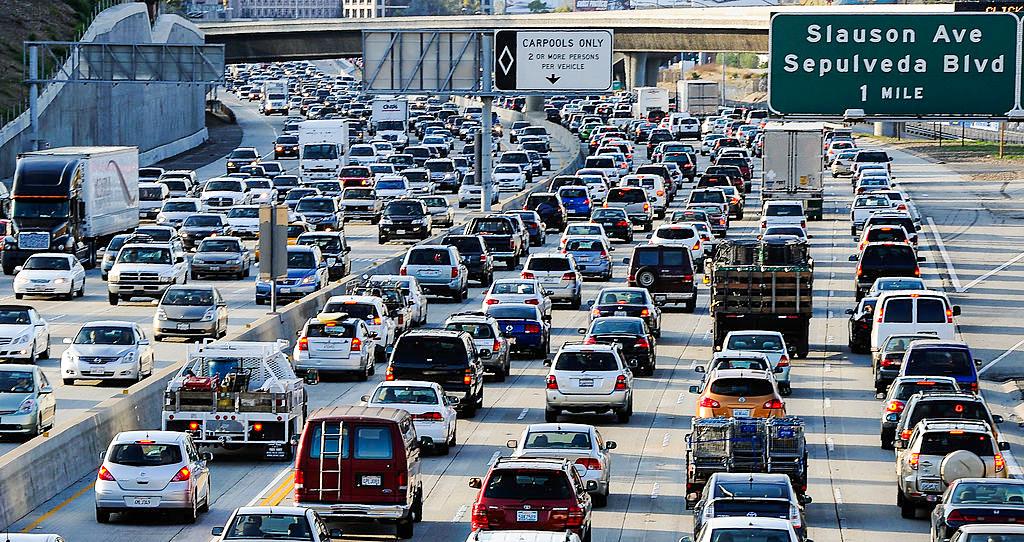As the so-called exodus from California continues, the state is now losing both higher-income and middle-income households, according to a study published in March by the nonpartisan research group Public Policy Institute of California.
During the height of the COVID-19 pandemic, there was a decline in higher-earning families relocating to California, the report found. According to the study, there was a significant rise in the number of wealthy households leaving the state to nearly 220,000 by 2021 from about 150,000 in 2019.





